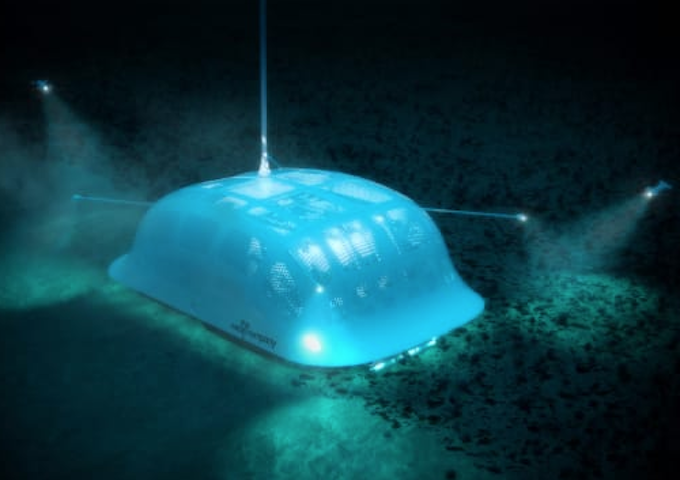
Deep sea mining could begin in the Pacific as early as this month, after regulators decided to allow The Metals Company to start mining the seafloor.
The International Seabed Authority (ISA) has granted permission to Nauru Oceans Resources, a subsidiary of The Metals Company, to begin exploratory mining in the Clarion Clipperton Zone between Hawai’i and Mexico.
According to the Financial Post, about 3600 tonnes of polymetallic nodules are expected to be collected during the trial beginning later this month with an expected conclusion in the fourth quarter of 2022.
- READ MORE: French Polynesia moves towards ban on ‘craziness’ of seabed mining
- Other Pacific seabed mining reports
It comes as French Polynesia recently voted for a draft opinion for a temporary ban on seabed mining projects.
Greenpeace Aotearoa is calling on world leaders to step in, and put a temporary ban on deep sea mining to protect the ocean.
Its seabed mining campaigner James Hita said Pacific peoples have been pushed aside for decades and excluded from decision-making processes in their own territories.
He said deep sea mining was yet another example of colonial forces exploiting Pacific land and seas, without regard to people’s way of life, food sources and spiritual connection to the ocean.
New destructive industry
Hita said the move signals the beginning of a new and destructive extractive industry that would place profit before people and biodiversity, threatening ocean health and people’s way of life.
“Deep sea mining is now right upon our doorstep and is a threat to each and every one of us. The ocean is home to over 90 percent of life on earth and is one of our greatest allies in the fight against climate change,” he said.
“The ISA was set up by the United Nations with the purpose of regulating the international seabed, with a mandate to protect it. Instead they are now enabling mining of the critically important international seafloor.
“The Legal and Technical Commission, that approved this mining pilot, meets entirely behind closed doors, allowing no room for civil society to hold them to account. This mechanism is simply unacceptable.”
“Right now people across the Pacific are taking a stand, calling for a halt to deep sea mining. Civil society, environmentalists and a growing alliance of Pacific nations are urging government leaders to stand on the right side of history and stop deep sea mining in its tracks. We must stand in solidarity with our Pacific neighbours and put a lid on this destructive industry to preserve ocean health for future generations,” said Hita.
This article is republished under a community partnership agreement with RNZ.









































